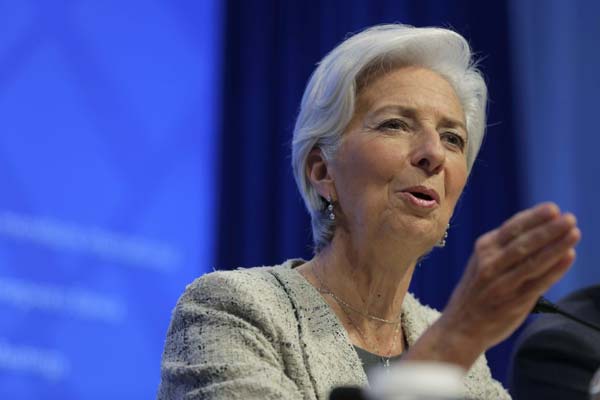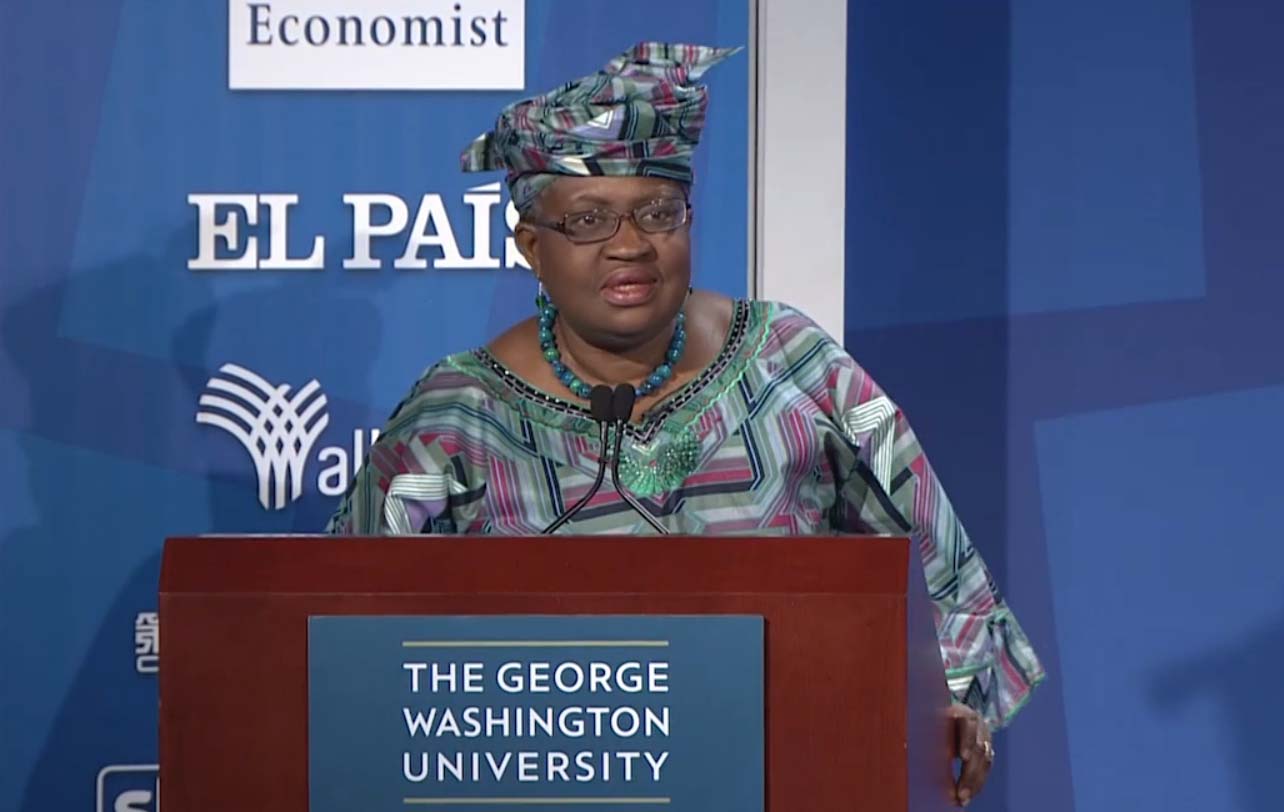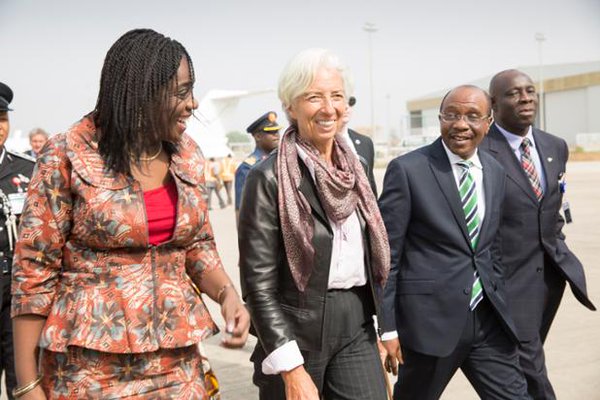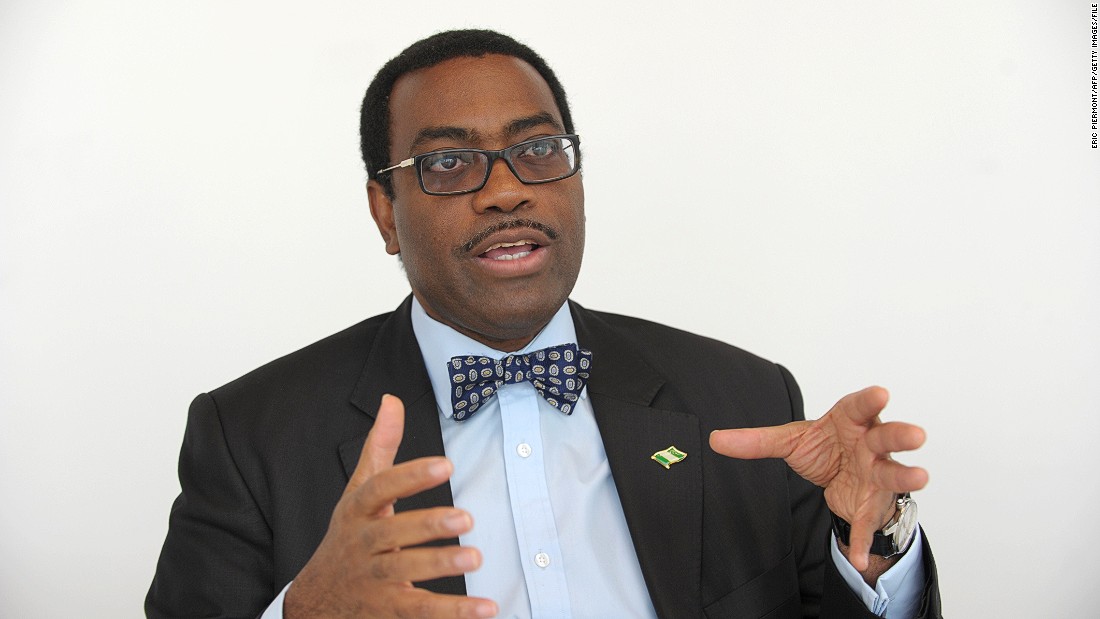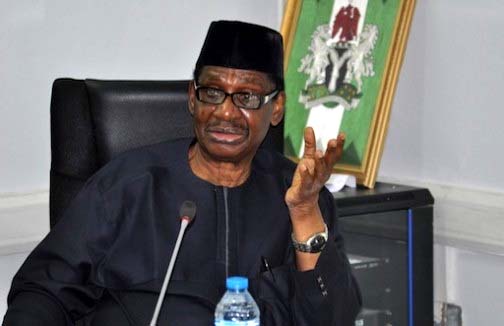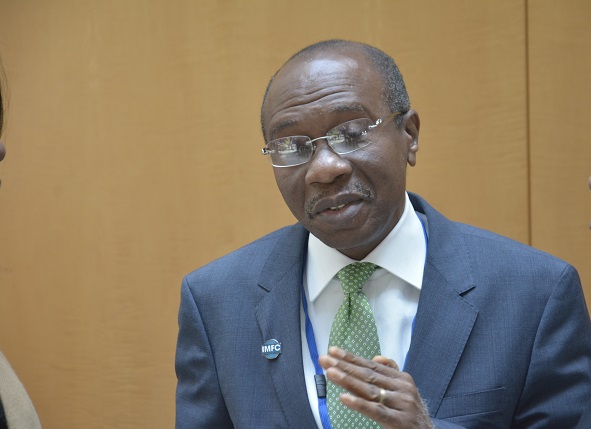 Christine Lagarde, managing director of the International Monetary Fund (IMF), says Nigeria’s economic situation is alarming, calling for a flexible exchange rate regime.
Christine Lagarde, managing director of the International Monetary Fund (IMF), says Nigeria’s economic situation is alarming, calling for a flexible exchange rate regime.
Speaking on the World Bank/IMF special edition of BBC’s HardTalk anchored by Stephen Sackur, Lagarde said Nigeria has huge potential, especially in her youth.
Largade maintained that IMF was ready to help Nigeria, appealing to President Muhammadu Buhari to take steps to move in the direction of “flexible exchange rate”.
Advertisement
“We are not suggesting that flexible exchange rate is the panacea in all cases, but in this particular instance, we believe that it would help,” she said.
“I know it is going to be difficult, and we very much hope that the Nigerian government under the leadership of President Buhari will be able to distinguish the value of moving in that direction, rather than causing the circumstances that can precipitate, a much more difficult decision making process at some stage.

“We remain completely available to help, we believe that it is doable, it can be address.”
Advertisement
She described Nigeria as a great country with huge potential, but decried the current economic situation.
“Nigeriai has very strong resourceful and great people. The right policy mix is needed, which include, in our view, flexible exchange rate,” she said.
“Nigeria is one of those countries where there’s huge potential, fantastic youth but also a very alarming economic situation. It is heavily dependent on the oil resources.
“Both in terms of fiscal revenue and exports. As a result of that, we have gone public and actually gone to the senate of Nigeria to explain our views, we believe that a more flexible exchange rate is in the interest of the Nigerian population.
Advertisement
“If that doesn’t happen, we would continue to see the dual exchange rate, and putting in place a list of those product and services that are forbidden in Nigeria for import purposes, cannot be a substitute to a more flexible exchange rate.”
Add a comment

